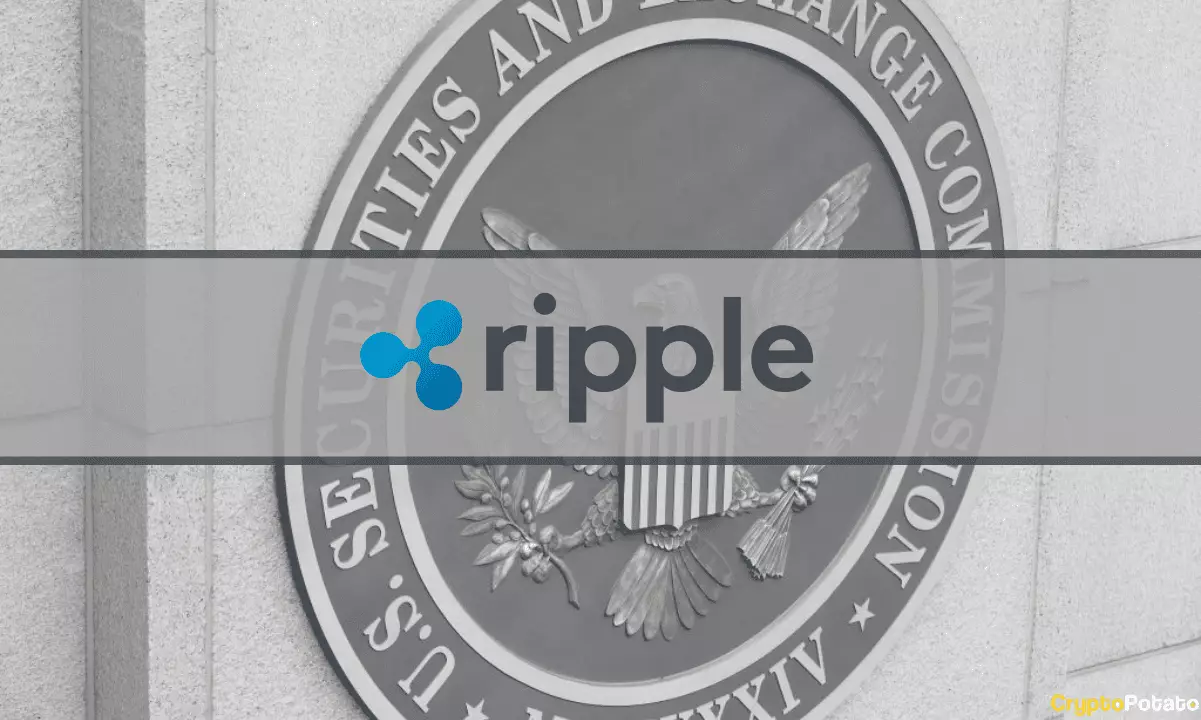The conflict between the U.S. Securities and Exchange Commission (SEC) and Ripple Labs has garnered considerable attention since its inception, primarily due to its implications for the cryptocurrency landscape. At the center of this legal battle lies Ripple’s native token, XRP, which has faced scrutiny regarding its classification as a security. The SEC’s initial stance argued that Ripple’s actions constituted sales of securities under U.S. law, hinging its claims on the Howey Test, a legal framework for determining whether an asset qualifies as an investment contract. In 2023, however, Judge Torres delivered a landmark verdict stating that Ripple’s secondary sales of XRP did not fit the criteria for securities, a decision that rocked the regulatory community and left the SEC scrambling for recourse.
On October 2, 2023, the SEC officially filed an appeal to contest Judge Torres’s ruling. This move was promptly announced by James Filan, Ripple’s defense attorney, and was met with disappointment from Ripple’s legal team. Stuart Alderoty, Ripple’s chief legal officer, characterized the appeal as “disappointing but not surprising.” He emphasized that the court had already dismissed the SEC’s portrayal of Ripple as acting recklessly and noted the absence of fraud or any concrete victimization, labeling the agency’s conduct as an embarrassing misadventure.
Ripple’s executives have openly criticized the SEC, asserting that its continued aggressive legal tactics symbolize an unjustified “litigation warfare” against the cryptocurrency sector. Ripple CEO Brad Garlinghouse took to social media to express discontent, suggesting the SEC chair, Gary Gensler, should re-evaluate his priorities regarding the lawsuit. Garlinghouse expressed a firm commitment to fighting the appeal, maintaining that the legal ruling solidifying XRP’s status as a non-security stands firm. The resources and energies poured into this case seem endless, with both Ripple’s leaders and independent commentators emphasizing the prolonged financial and emotional burden this litigation entails.
The Ripple Effect on XRP and Market Sentiment
The October 2 announcement triggered an immediate reaction in the cryptocurrency market, leading to a significant decline in XRP’s value—a decrease of approximately 12% in the wake of the news. Investors swiftly responded to the renewed uncertainty, with sentiments oscillating between panic selling and uncertainty about XRP’s future. The token, once trading above the $0.60 mark, plummeted to below $0.53, indicating that trading confidence had been rattled severely in light of the SEC’s renewed legal maneuvers. This sharp downturn highlighted the fragility of XRP’s price amidst an evolving legal landscape.
Interestingly, this volatility was not merely a reflection of current market conditions but also illustrated the longer-term ramifications of regulatory actions on cryptocurrency valuations. Investors have been increasingly wary of assets that find themselves embroiled in prolonged legal disputes, contributing to a cautious market environment that affects even well-established tokens. The appeal filing not only re-ignited concerns regarding Ripple specifically but also raised broader questions about regulatory practices in the cryptocurrency sector and their implications for investor confidence.
The SEC’s continued litigation against Ripple has also sparked a political response, with figures like Massachusetts Senator candidate John Deaton chiming in. Deaton, who has invested substantial personal resources and time to contest the SEC’s approach to Ripple, criticized the agency’s actions as part of a broader anti-crypto agenda. He called attention to the financial burden placed on taxpayers due to what he perceived as the SEC’s overreach and misconduct. Such statements indicate a growing discontent within both the public sector and among constituents affected by cryptocurrency regulations.
As Deaton pointed out, these actions by the SEC not only jeopardize individual tokens like XRP but also risk stifling innovation and investment in the broader cryptocurrency ecosystem. His assertion that Gensler is a “disgrace” to the regulatory system paints a picture of frustration shared by many stakeholders who feel the SEC is acting against the interests of the technological advancements and economic opportunities that cryptocurrencies can provide.
The recent developments surrounding the SEC’s appeal against Ripple Labs serve as a critical juncture in the ongoing dialogue about cryptocurrency regulation in the United States. The implications of this case extend beyond Ripple and XRP; they encompass the future of digital assets in an increasingly complex legal atmosphere. As Ripple gears up for what could be a prolonged legal battle, the outcomes of these proceedings will likely shape investor sentiment and set important precedents for future cryptocurrency regulations. In a world where digital assets increasingly intersect with traditional financial frameworks, the resolution of this case could be pivotal in defining the future regulatory landscape of cryptocurrency.


Leave a Reply